Interview with Olle Ten Cate

Calling all educators! Enabling trust leads to confidence
Are you thinking about how to improve your students’ education? Have you heard of EPAs? Olle ten Cate, professor of medical education at the University Medical Center, Utrecht,
Netherlands, will illustrate how “entrustable professional activities” can be applied to ensure educators have confidence in their students to perform professional duties unsupervised.
“EPAs describe in detail the activities that professionals perform. As a learner you need supervision, so here’s where
we link supervision, entrustment and activities in the workplace,” says Olle ten Cate. Professor ten Cate will share examples of EPAs from different sectors. “A full EPA describes all that is included in an activity; the competencies that people need before they can be trusted to perform the activity; and the approach that will be taken in assessing whether they are ready for unsupervised practice.”
The concept of EPAs has grabbed the attention of educators. The Netherlands, the USA and Canada are leading the way in EPA-based medical education. Singapore will apply the approach to nursing training from 2018, and there are programmes that use EPAs for physician assistants. There is interest for midwifery, dentistry and veterinary education, says Professor ten Cate, and now pharmacy is coming on board. For example, in the USA there is a national effort to develop and implement EPAs into pharmacy programmes.
For educators wanting to introduce EPAs into training programmes, Olle ten Cate suggests establishing a coordinated group — perhaps on a national level – to identify the critical EPAs within pharmacy. “What is it exactly that we trust pharmacists to do,” he asks. “Start with a small expert group to define those critical activities then share them broadly with colleagues to gain consensus across the community.” Once EPAs have been defined, approaches taken to education and assessment need to be reorganised.
Professor ten Cate uses the example of learning to drive to illustrate how there is a critical point when a supervisor is assured that a driver can drive by themselves. “We do this all the time in medical education. We graduate people to become a medical doctor, then a medical specialist. . . . Once you are on that register we assume you have the competencies to do that work in practice.” Olle ten Cate says EPAs should give patients confidence when cared for by learners: “[Based on proof that] they have demonstrated they can perform an activity without supervision.”
About Olle ten Cate
Olle attended medical school at the University of Amsterdam, the Netherlands and has spent his professional life serving medical education. He currently leads the Center for Research and Development of Education at the University Medical Center Utrecht. His research interests include curriculum development, peer teaching and competency-based medical education. He was appointed adjunct professor of medicine at the University of California, San Francisco, next to his work in Utrecht, to execute a collaborative doctoral program in health professions education. He has published extensively in the medical education literature and supervises many doctoral students in medical education research.
